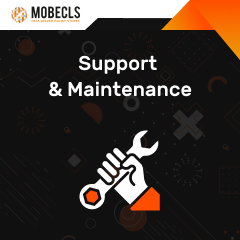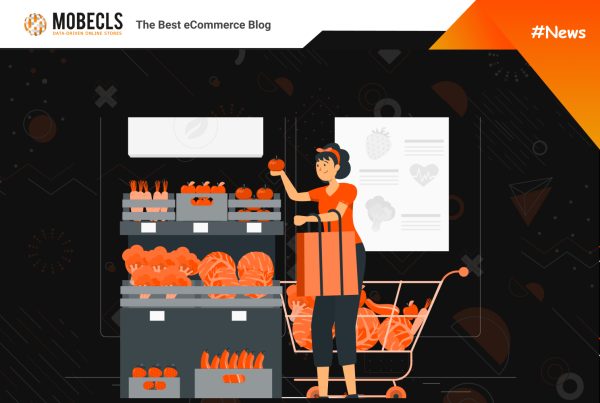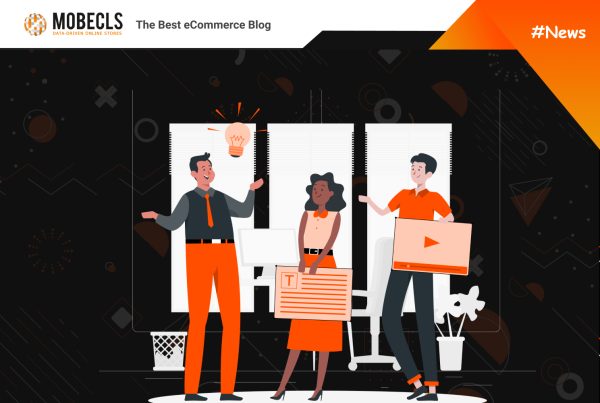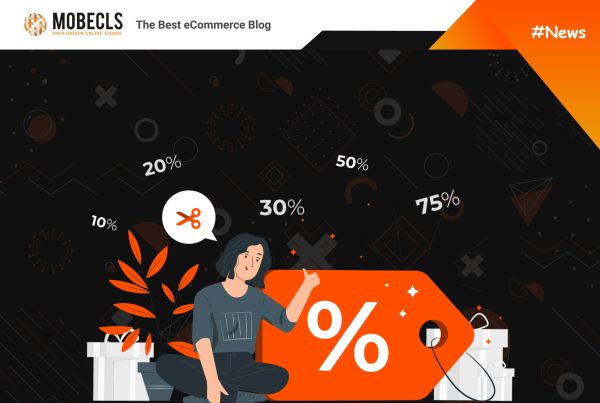GraphQL is a query and data manipulation language for APIs, as well as a framework for making those queries. The language was developed in 2012 by Facebook for the internal needs of the company, in 2015 it was released to the public, and since November 7, 2018, it is not Facebook that has been working on it, but the GraphQL Foundation. Of course, the project has been developing quite actively since 2012, but it gained particular popularity after it received open-source status.
Even if you’ve never heard of GraphQL before, chances are good that you know or have used products that are written using it. First, it is, of course, the social network Facebook. In addition, they work with GraphQL in the development of products such as Airbnb, GitHub, Pinterest, Shopify, New York Times, and many others.
How GraphQL works
At the heart of any implementation of the GraphQL API is the data schema – this is a description of what data types it can work with and what data types it can return in response to a request. Simply put, to work with any API, the user needs to know what types of objects can be obtained, what fields to select, what fields are available in internal objects, etc. This is where the schema will help us.
As you can see, when working with the GraphQL API, the client does not care at all where the data that he requests come from. It just makes the request as large as it needs, and the GraphQL server returns the result. Therefore, you can imagine that a schema is a contract between the API and the client since before the client makes any request, this request is validated in accordance with the schema of the given API.
What is GraphQL for eCommerce?
The use of GraphQL for eCommerce has been beneficial especially for businesses that have adopted a Headless Commerce architecture. Due to the decoupling of the frontend presentation layer from the backend commerce engine, the frontend is heavily dependent on the correct data transfer to the frontend. GraphQL fosters seamless data retrieval on the front-end allowing businesses to build more unique experiences. Explore more benefits of GraphQL.
GraphQL Advantages:
- Simplified Frontend Development
Eliminate the hassle of chasing down up-to-date APIS, and accelerate time to market for new experiences
- Code Bloat Reduction
Reduce code duplication across the frontend and the backend and eliminate channel silos that lead to inconsistent customer experiences.
- Improved Performance
Minimize over and under-fetching, and improve network performance that impacts the overall customer experience.
GraphQL – Now You Know
In December 2021, Mobecls team hosted the eCommerce Tech Inspire Summit to discuss cutting-edge trends, new technologies, COVID impact, and other hot topics. During the summit, experienced eCommerce experts shared their insights, tips, best practices, and more. During the event, James Luterek, an ecommerce professional with over a decade of experience across software development, delivered an excellent speech on GraphQL benefits for eCommerce.
About Speaker:
James Luterek is a seasoned ecommerce professional with over a decade of experience across software development, architecture, marketing, and analytics. Since graduating from the State University of New York with a bachelor’s in computer science and mathematics, James has worked in a large variety of roles from programmer, project lead, manager, director, solution architect and currently senior engineer.
With a wide range of interests, James has presented marketing topics at Bronto Summit, technology at All Things Open, and ecommerce at Google DevFest. While comfortable speaking to an audience or discussing technology at a high level, he feels at home with an open IDE writing code.
Key Points:
- What is GraphQL?
- When should you use GraphQL in your solution?
- How does GraphQL impact a modern ecommerce solution?
 Mobecls team provides a wide range of eCommerce development services, starting from SEO and design to custom functionality development. Our 10+ years of Magento expertise allow us to provide unique eCommerce solutions taking into account industry and business specifics. If you want to take your business to the next level, we’re ready to help!
Mobecls team provides a wide range of eCommerce development services, starting from SEO and design to custom functionality development. Our 10+ years of Magento expertise allow us to provide unique eCommerce solutions taking into account industry and business specifics. If you want to take your business to the next level, we’re ready to help!




